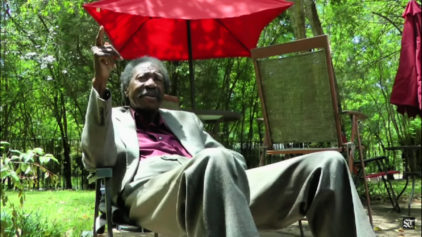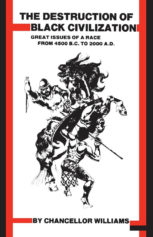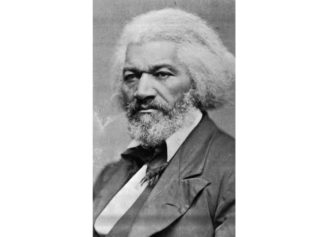Leo Branton Jr., a civil rights and entertainment lawyer whose stirring defense of ’60s radical Angela Davis brought him his most celebrated victory in a six-decade career often spent championing unpopular cases, died of natural causes Friday in Los Angeles. He was 91.
His death was confirmed by his son Tony Nicholas.
Branton, the only African American graduate of Northwestern University’s law school in 1948, helped singer Nat King Cole integrate an exclusive Los Angeles neighborhood, defended Communists in McCarthy-era Los Angeles, and won misconduct cases against the Los Angeles Police Department decades before Rodney King became a household name.
“He was a hero of mine,” said Connie Rice, a prominent Los Angeles civil rights attorney who helped lead efforts to reform the LAPD after the King beating.
“All the things I’ve done, Leo Branton did 50 years before I even thought about going to law school. He saw himself not as a private practitioner out to make money for himself, but as a lawyer with the skills to be a champion for black liberation.”
Branton earned national attention as co-lead defense attorney at the sensational 1972 trial of Davis, a UCLA professor fired for her Communist beliefs, who faced the death penalty when a gun registered in her name was linked to the murder of a Marin County judge.
Davis was brought to trial after several months as a fugitive and was acquitted by an all-white jury. The stunning outcome was credited in part to Branton’s compelling courtroom style.
On the closing day of the trial, he stood before the jury with an easel, holding a drawing of his client wrapped and bound in chains. He ripped down that drawing to reveal a picture of Davis unbound, and exhorted the jurors to “pull away these chains as I have pulled away that piece of paper.”
He then proceeded to persuasively poke holes in the prosecution’s case and, with a moving summary of centuries of African-American history, asked the panel to “understand what it means to be black.”
Read More: latimes.com


